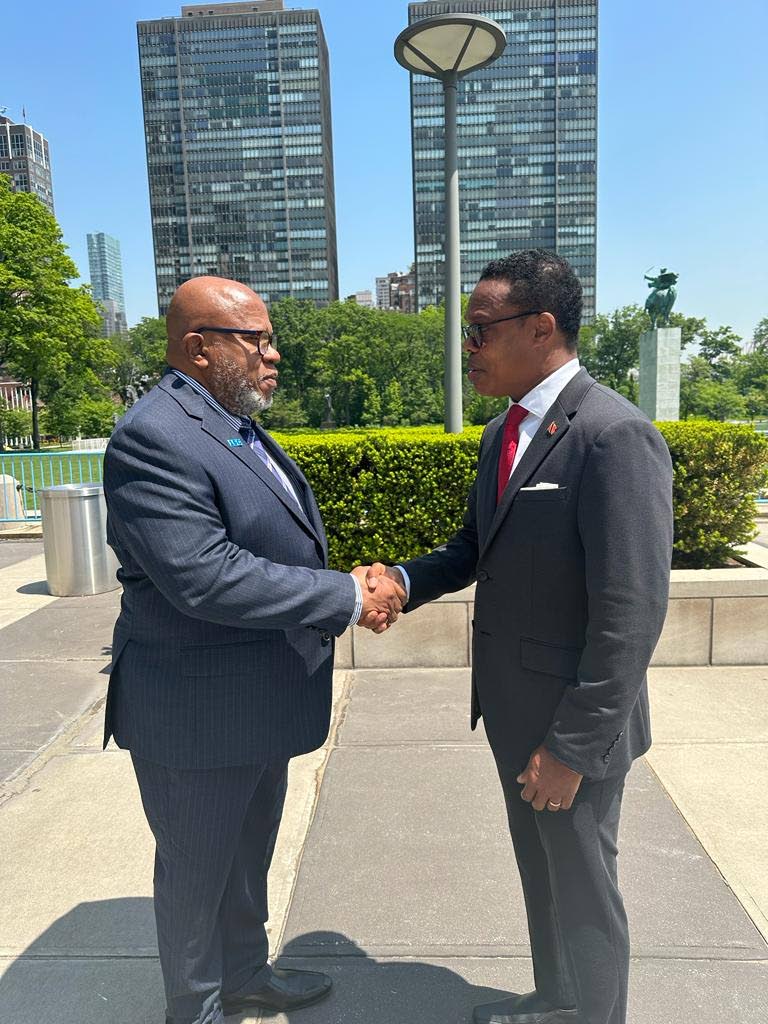Changing the global conversation

DENNIS FRANCIS, this country’s permanent representative to the UN, issued an important call on Tuesday as he made his first address to the General Assembly as its president.
Ambassador Francis urged nations present to adopt a more multilateral approach as they deal will assembly business, saying there is need for attention to be paid to climate change, to address the plight of small-island developing states, to reduce the debt of the world’s least developed countries, and to protect marginal groups through stronger commitments to human rights and the end of extremism.
“It is imperative that the multilateral system is built for the advancement and success of women and men, closing the gender gaps that have festered for far too long,” Mr Francis said, noting he will prioritise an agenda that helps those most in need.
The new president’s address came ahead of two vital events for which there is high expectation for meaningful outcomes: this week’s G20 Leaders Summit in India and the COP28 in November, which is to be held in Dubai.
In relation to the latter, Mr Francis noted climate change poses a key challenge to smaller countries most vulnerable to it and there is a need to address structural inequities when it comes to financing.
“We can no longer tolerate unjust financial systems that keep countries trapped in vicious cycles of debt and deprivation,” he urged. “COP28 is a critical time for the world to come together and align behind faster, more equitable, and truly transformative climate action. The assembly’s historic recognition of the newest human right, the right to a clean, healthy and sustainable environment, reinforces its key role in protecting our global commons.”
While the upcoming summits are key opportunities for the world to take a more collaborative approach, challenges lie ahead. Shifting geopolitics have clouded the prospect of co-operation: Russia’s war on Ukraine, China’s removal of itself from the G20 proceedings over rumours of its increased chagrin over India, and India’s own rise, symbolised by its recent successful moon landing, which has come alongside concerns about its domestic politics, inflected by Narendra Modi’s reign.
But all of this notwithstanding, Mr Francis’s elevation as the official who now holds the General Assembly’s gavel is as strong a signal as any for the need for the global conversation to dramatically change. It is a powerful signal, lending voice to not just the citizens of TT, but also the billions of people around the world being held hostage by a global framework that is in thrall to internecine warfare and power struggles at a moment of existential peril for the human race due to a range of challenges such as climate change and the rise of deadly technology. We hope the assembly heard him.


Comments
"Changing the global conversation"